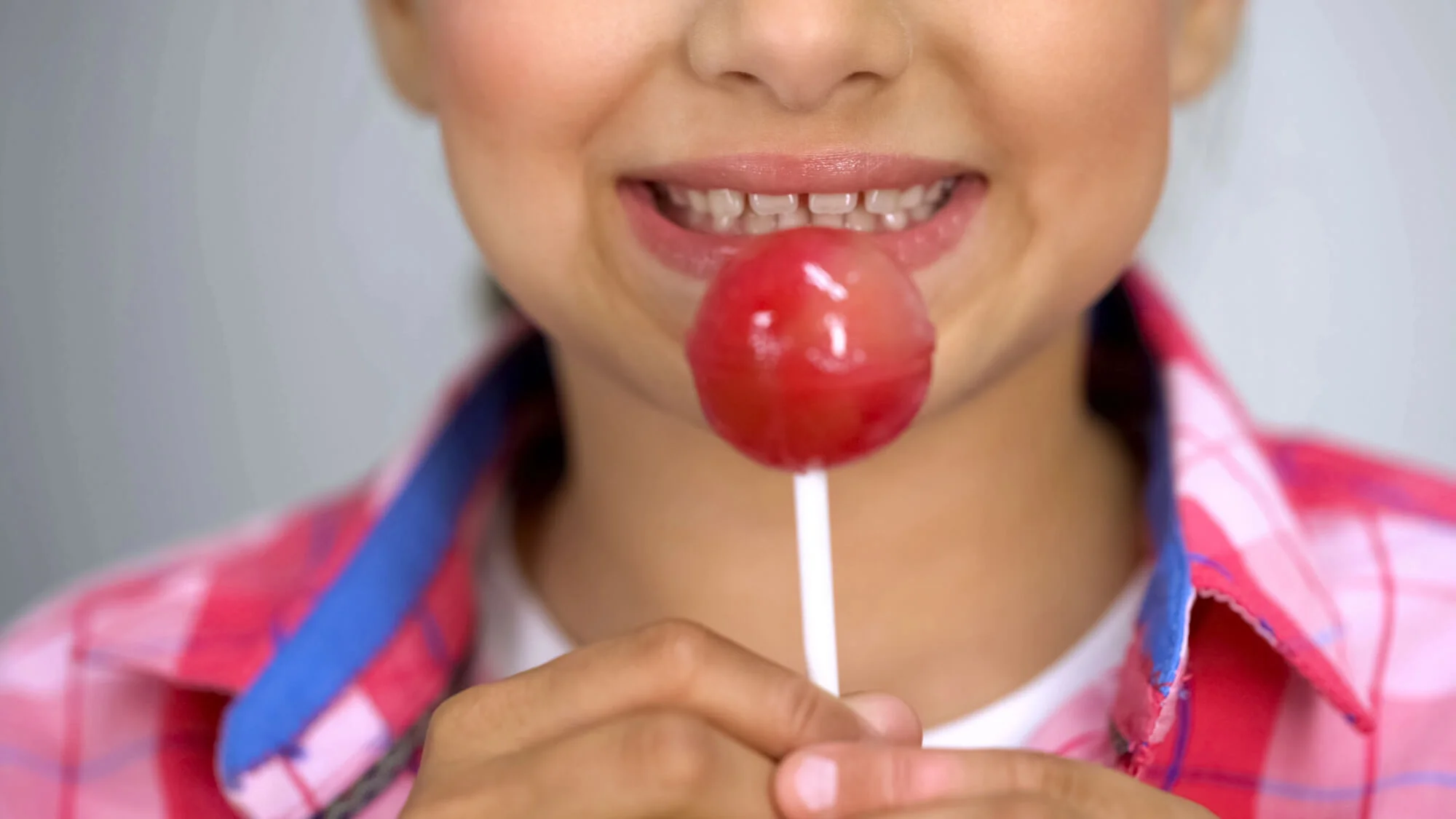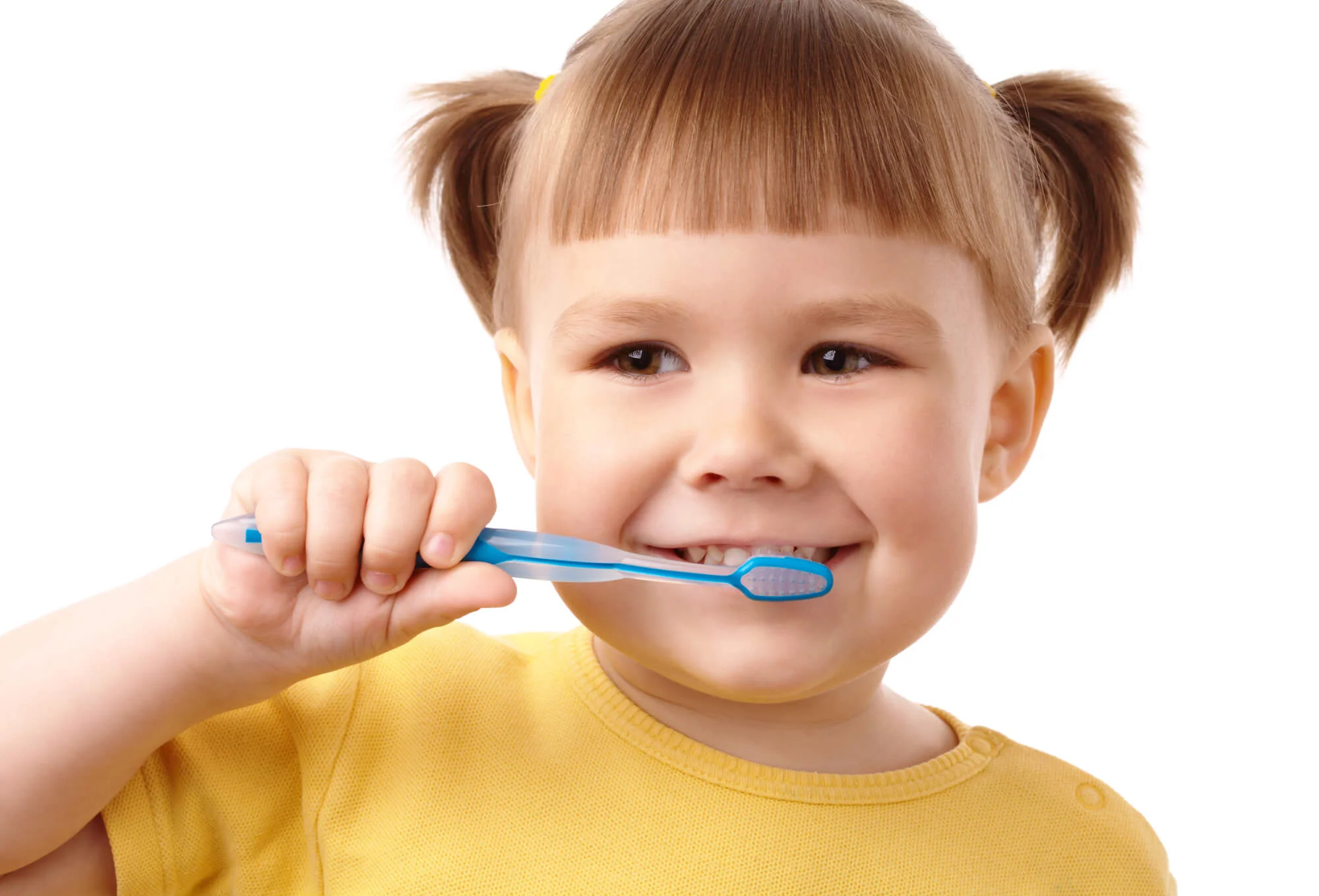July 2, 2025

If you’re a parent, you’ve probably wondered at some point—do cavities in baby teeth actually matter? After all, they’re going to fall out eventually, right? It’s a common belief, but unfortunately, it’s one that can lead to bigger oral health problems down the road.
Baby teeth (also called primary teeth) do more than just help kids chew and smile. They play a vital role in your child’s development, speech, and future dental health. When baby teeth are neglected or untreated, it can lead to infections, alignment issues, and pain that impacts more than just their mouth.
If you’re unsure when to act, your pediatric dentist in Pompton Lakes, NJ, can help guide you and your child toward a healthier future.

Baby teeth might not last forever, but they serve as critical placeholders for adult teeth. There are 20 primary teeth, and each one has a job to do. Let’s take a closer look at why they’re more important than many parents realize.
Each baby tooth holds space for the permanent tooth that will eventually take its place. When a baby tooth is lost too early—whether from decay, trauma, or extraction—the teeth around it can begin to shift. This may lead to crowding, overlapping, or crooked adult teeth.
In many cases, this early movement creates long-term bite issues requiring costly orthodontic treatment. By protecting baby teeth, you're also protecting the long-term alignment of your child's smile. That means fewer orthodontic issues and less complicated treatments in the future.
Children learn to form sounds and words by using their tongues, lips, and teeth together. Baby teeth help them pronounce words correctly and develop strong, clear speech patterns.
Missing or decayed teeth can interfere with this process, causing lisps or delays that may require speech therapy. Healthy baby teeth give your child the foundation they need to communicate confidently.
Chewing well is important for digestion and growth. Children with cavities or painful teeth may avoid harder foods like fruits, vegetables, or proteins. This can lead to nutritional imbalances or poor eating habits that continue into adulthood.
Early intervention and healthy eating habits go hand-in-hand with positive dental development and overall wellness. When teeth hurt, kids may become picky eaters or stop eating enough altogether. Restoring baby teeth allows them to enjoy a balanced diet without discomfort.
One of the biggest risks of ignoring decay in baby teeth is infection. Cavities don’t just stop at the surface. They can spread deeper into the tooth and surrounding gums, eventually causing abscesses or swelling.
In some cases, the infection can spread to other parts of the body, requiring antibiotics or even emergency care. It’s not just about the tooth—it’s about your child’s overall health and comfort.
Toothaches can be surprisingly disruptive. Children with untreated cavities often miss school, struggle to concentrate, or have trouble sleeping. Chronic pain affects their mood and behavior, making everyday life more stressful for the entire family.
Addressing decay early helps your child avoid unnecessary discomfort and stay on track academically and socially.
Children don’t always complain about tooth pain. In fact, many kids don’t realize something is wrong until the decay is advanced. Watch for these signs:
If you notice any of these, schedule a visit with your child’s pediatric dentist for an exam and treatment plan.
Treatment depends on the size and location of the cavity. In many cases, a small filling is all that’s needed. Your dentist may recommend a crown or pulpotomy (a baby tooth version of a root canal) for deeper decay.
These procedures are safe, fast, and tailored to kids. Pediatric dentists use child-friendly techniques and materials to keep the experience comfortable and positive.
Preventing cavities is always easier—and less expensive—than treating them. Here’s how you can set your child up for long-term success.
The American Academy of Pediatric Dentistry recommends a first dental visit by age one or within six months of the first tooth. Early visits allow the dentist to check for early signs of decay and help your child feel comfortable in the dental chair.
Brushing should start as soon as the first tooth appears. Use a soft-bristled toothbrush and a smear of fluoride toothpaste for children under 3, increasing to a pea-sized amount after age 3. Supervise brushing until your child can do it well on their own—usually around age 6 to 7.
Make brushing a shared family activity to build trust and consistency. This will teach technique and turn oral care into a positive habit.
Limit sugary snacks and drinks, especially juice, sticky candies, and soda. Offer water between meals and encourage healthy snacks like cheese, yogurt, apples, or carrot sticks.
Dental sealants are thin coatings that protect the chewing surfaces of back teeth. Fluoride treatments help strengthen enamel. Both are simple, affordable options your pediatric dentist may suggest for added protection.

It is essential to choose a pediatric dentist who truly understands children’s needs. At Smile Care for Kids, we create a warm, stress-free environment where kids feel safe and parents feel informed. From baby teeth to braces, we guide you through every stage with personalized care and gentle expertise.
Think your child might have a cavity, or just due for their first visit? Contact Smile Care for Kids today to schedule an appointment with a trusted pediatric dentist. Let’s keep those little smiles healthy, happy, and cavity-free.
Your kid’s oral health journey can with the click of a button! Let your child experience quality dental services in a welcoming, fun environment.
Request an Appointment